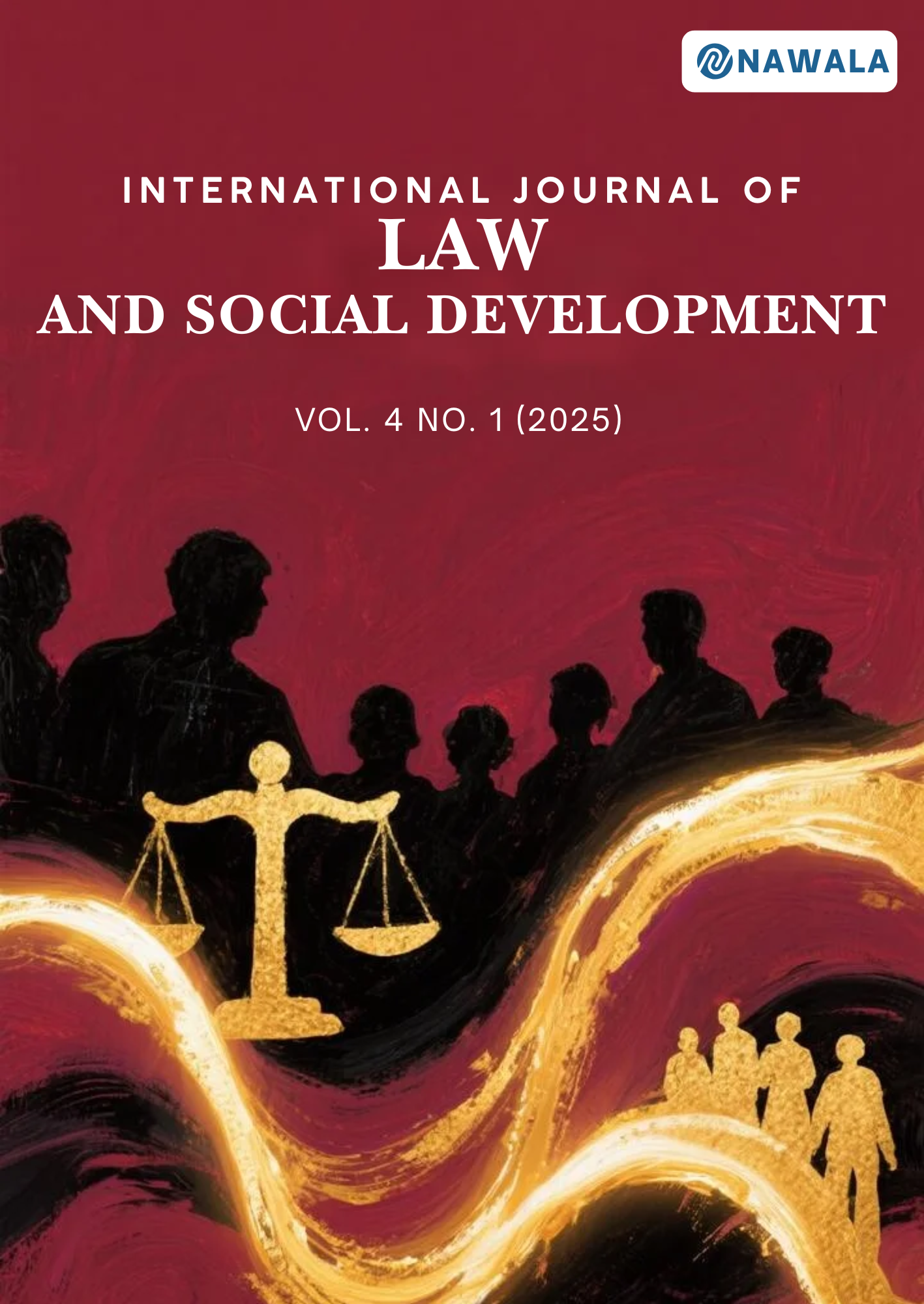Digital Transformation of Criminal Justice in Indonesia: Urgency and Challenges of Implementation
Keywords:
Artificial Intelligence, Criminal Justice, Digitalization, E-Court, Procedural LawAbstract
The Industrial Revolution 4.0 and Society 5.0 have driven major transformations in various aspects of life, including the legal field. Indonesia, through its criminal procedure system which remains traditional as regulated in the Indonesian Criminal Code (KUHAP/Kitab Undang-Undang Hukum Pidana) faces fundamental issues such as lengthy bureaucracy, corruption practices, delayed processes, and limited public access to justice. The modernization of criminal justice has become an urgent need to realize the principles of good governance that emphasize transparency, accountability, and efficiency. Digitalization efforts have been implemented through the application of e-court, e-litigation, virtual hearings, as well as the utilization of technologies such as Artificial Intelligence (AI), blockchain, digital signatures, and electronic evidence management. This research employs a normative juridical method with a literature and statutory approach. The findings indicate that the digitalization of criminal justice brings significant benefits in terms of efficiency, transparency, and accessibility, but at the same time faces serious challenges including limited infrastructure, low digital literacy, and data security threats. Therefore, the strategy for developing digital justice must be integrated, adaptive, and ensure the protection of human rights.





